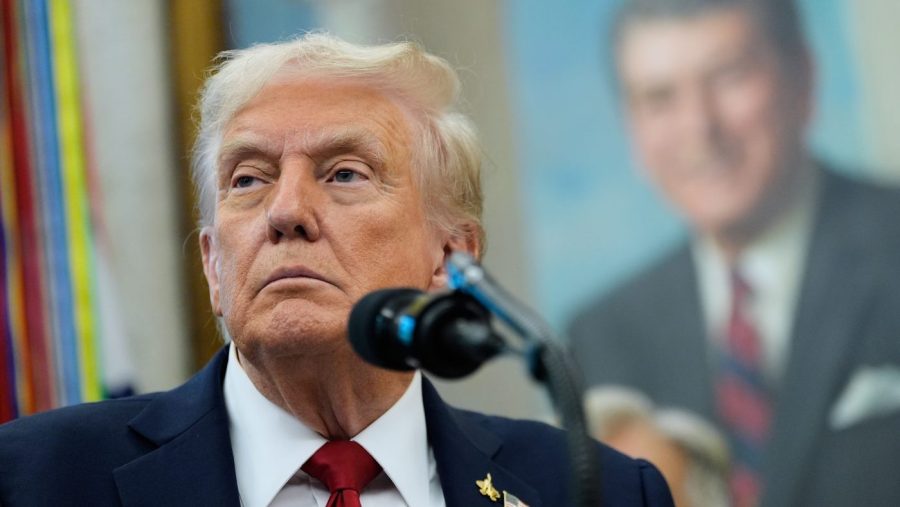Trump administration hit with lawsuit over $100K H1-B visa fee

President Trump’s administration was hit Friday with a federal lawsuit over its quest to impose a $100,000 fee on new H-1B visas for highly skilled international employees.
The lawsuit, filed in the U.S. District Court Northern District of California, is led by a coalition of religious organizations, health care providers, unions, higher education professionals and others.
“Without relief, hospitals will lose medical staff, churches will lose pastors, classrooms will lose teachers, and industries across the country risk losing key innovators,” Democracy Forward said in the press release. “The suit asks the court to immediately block the order and restore predictability for employers and workers.”
Trump penned a proclamation on Sept. 19 raising the fee on H1-B visas to $100,000, arguing the program has been exploited to replace Americans with foreign-born workers who get paid less. Days later, the White House said the $100,000 is a one-time fee for future H-1B applicants and those with the visa will not have to pay the fee again to enter back into the U.S.
“By discouraging the best and brightest minds from around the world—individuals who have enriched American higher education for decades—he’s sending a message: ‘You’re not welcome here. Go elsewhere,'” Todd Wolfson, president of the American Association of University Professors, wrote Friday.
This short-sighted policy doesn’t just hurt universities — it hurts every American by slowing research breakthroughs, weakening our economy, and putting our global leadership at risk,” he added.
Critics of the H-1B visa program, which was created by Congress to attract highly skilled workers from overseas, argue that it is a way for U.S. companies to hire foreign-born workers who are open to working far below market value, particularly in the tech sector.
About a third of workers with this type of visa are nurses, teachers, physicians, scholars, priests and pastors, according to the lawsuit. Many H-1B visa holders work in the technology sector, but over a third of all H-1B workers are other fields, according to the lawsuit.
White House spokeswoman Abigail Jackson told Reuters that the administration is engaged in lawful actions “discouraging companies from spamming the system and driving down American wages, while providing certainty to employers who need to bring the best talent from overseas.”
H-1B visas are valid for three years and can be extended up to six, according to according to U.S. Citizenship and Immigration Services (USCIS). Congress, in 2005, capped approvals for the visa at 65,000 per fiscal year, with an additional 20,000 approvals exempted for workers with advanced U.S. degrees.
The Trump administration is seeking to reform how the system works, looking to incentivize U.S. businesses and agencies to favor more highly skilled and highly paid foreign workers.